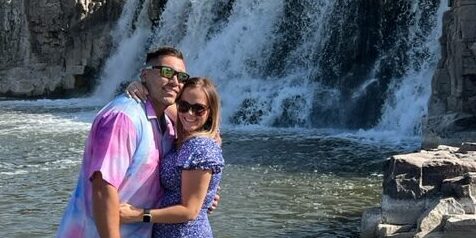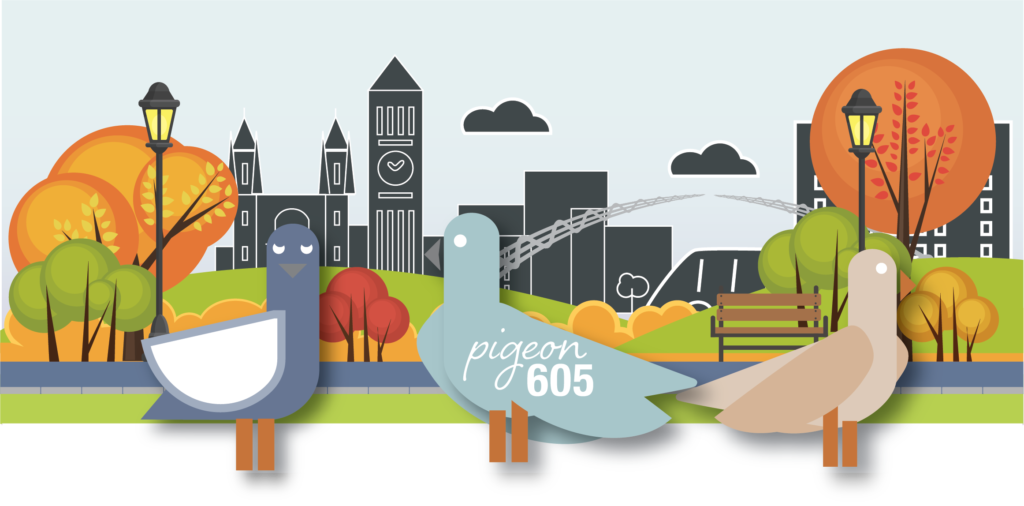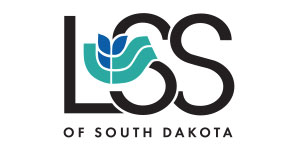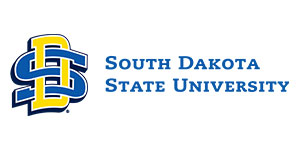From survival to service, this veteran’s incredible story will now include college degree
Gene Murphy keeps his promises — two in particular.
In 1972, he promised his bride, Eldine, to love, honor and cherish. Next year is their 50th wedding anniversary.
Three years before that, as Murphy lay wounded in a Vietnam jungle, the faces of those he loved floating above him, he bargained with God.
He didn’t want to die because he had so much more he wanted to do. So, please?
“I felt we made a pact or a contract,” Murphy says now. “He was going to send me back to the world, but I had to do some positive things, I had to help my fellow veterans.”

And help he has. Murphy has spent more than 45 years working in various roles with the Disabled American Veterans, most of it as director of the local office. Now semi-retired, he still goes in every day in his role as comptroller.
His dedication to helping those he calls his brothers and sisters led him to stop his pursuit of a degree from Augustana University — then Augustana College — one semester short of the credits he needed. Sixteen credits to go, he walked away without the final prize.
That will change Thursday when Augustana President Stephanie Herseth Sandlin confers an honorary Bachelor of Arts degree on Murphy. The ceremony is part of a Veterans Day program at 1 p.m. in the Hamre Recital Hall in the Fryxell Humanities Center on campus.
While Augustana generally awards honorary doctorate degrees every couple of years at commencement, this is the first time in Herseth Sandlin’s five-year presidency that an honorary bachelor’s degree has been conferred. It can happen when a deserving former student who left short of accumulating enough credits for valid reasons.
Emotion overwhelmed Herseth Sandlin when she learned Murphy was the person suggested for the honorary degree. They had worked on veterans’ issues when she served in the U.S. House of Representatives from 2004-11.
“I almost started crying, I was so excited about it,” she said. “I informed the board of trustees and the faculty in September that I was planning to do this, and to a person, people were very pleased.”
When Herseth Sandlin looks at Murphy’s life in the 1970s — adjusting to a disability, a new husband and father, advocating for fellow veterans — it doesn’t surprise her that he halted his studies. She describes him as one of South Dakota’s statesmen. Although he has never held public elective office, Murphy’s focus has been on advancing public policy that can help veterans.
“He’s just a rock-solid person who you can trust immediately because the only motivation is to do right by fellow veterans,” Herseth Sandlin said. “He’s not going to go easy on anybody. He tells you straight what his opinions are. It’s refreshing to work with him. He’s focused, he’s fair, he’s tenacious.”
The three bullets that pierced Murphy’s body on April 20, 1969, left him paralyzed. He uses crutches and leg braces or, most often, a wheelchair to navigate.
It also left him grateful.
“I call April 20 as my ‘come alive’ day,” Murphy said. “The good Lord let me live. I believe I should have died that night in the jungle.”
Murphy, 73, grew up near White. He was one of more than three dozen young men from that area who served in the military during that era. That includes three of his brothers.
Other South Dakotans also served with Murphy. That included Lyle Bowes, a De Smet native. They lost 229 men from their platoon to death or injury. Bowes served his entire 12-month assignment to Vietnam and was instrumental in saving Murphy’s life.

Soldiers with the North Vietnamese Army wounded seven men during the search-and-destroy mission. Murphy, who had 45 days left to go, was serving as point man when he was shot.
“I thought I had bought the farm,” he said. “I seen the people I had met in my lifetime, their faces floated above me. My grandmother died in March 1969, and her face was above me.”
Bowes was one of the first to reach Murphy. Adrenaline pumping, Bowes ripped out by their roots two trees, 2 to 3 inches in diameter, so they could be fashioned into a stretcher. Murphy was carried back to the headquarters where the medic was waiting.
About two hours after he was shot, a helicopter flew overhead, hovering above the makeshift hospital and dropping a basket so the wounded could be loaded and flown out. Enemy fire tried to down the helicopter the entire time. That night, soldiers counted 369 bullet holes in the chopper.
The next day, Bowes insisted his buddy needed to be one of the first out.
“A lot of times you don’t want to be first because they’ll shoot at you,” Murphy said. “But the medic said to take the worst guys.”

As it turned out, the helicopter pilot also was a South Dakotan. Murphy met John Connelly, now a retired crop-duster living in Custer, several years ago at the South Dakota State Fair and had the chance to face him.
First, though, was recovery and rehabilitation. Murphy spent 18 days in an evacuation hospital — the average length of stay was five days. He was transferred to the 106th Army Hospital in Yokohama, Japan, where doctors told an older brother who came to be by his side that Murphy had only a 50-50 chance of survival. Finally, he traveled to Fitzsimmons Hospital in Denver, then to a Veterans Administration spinal-cord-injury facility in Milwaukee. Eventually, he spent 14 months in four different hospitals.
Murphy had “tried college,” as he describes it, after his high school graduation and then quit to work in construction before he was drafted in 1967. He enrolled at Augustana in 1972, but from the first day his primary interest was helping other veterans. Murphy started working part time at the DAV almost immediately.
World War I veterans created the DAV in 1920 to help their disabled military comrades through a variety of ways. Currently, it has more than 1 million members.
Murphy, who was a national DAV commander in the late 1980s, spoke proudly of DAV-sponsored legislation that has improved the lives of everyone with disabilities.
“Vietnam veterans demanded more accessibility of facilities and also employment when they came back severely injured,” he said.
In 1984, the DAV in South Dakota established a transportation program to bring veterans to medical facilities at no cost. It was so successful that it went national three years later. Today, the DAV has more than 1,500 vans on the road daily. In South Dakota, volunteers using 26 vans drive veterans to their appointments.
Murphy, who has never taken a paycheck from the DAV, also has focused on veterans issues such as post-traumatic stress disorder, illnesses linked to the use of Agent Orange in Vietnam such as bladder cancer, diabetes, Parkinson’s disease-like symptoms and hyperthyroidism, and challenges facing women veterans.

Photo by Augustana University’s Daniel Bergeson
While initially the focus was on Vietnam veterans and their older comrades from World War II, now the DAV sees the men and women who served in Iraq and Afghanistan. The issues continue.
DAV members who were combat veterans helped establish mental health centers where men and women could receive counseling, Murphy said.
“They knew what that veteran had gone through,” he said. “Now, we’ve got the younger veterans with the burn pits in Afghanistan and Iraq, the health issues that come from those.”
Murphy’s scars from his military service may be visible, but he has never forgotten the needs of those whose injuries go deep emotionally, Herseth Sandlin said.
“That reflects his selflessness, his interest in the broader community of veterans and their needs,” she said. “Sometimes there’s commonality in it, sometimes it’s more differentiated. It’s just his huge heart to be an advocate and a tenacious and effective one.”
Forty-plus years ago, believing he could do more to help his veteran brothers and sisters through the DAV than achieving his personal goal of earning a degree, Murphy didn’t regret leaving college. Now, although he has received many honors over the years, he will treasure — and frame — his bachelor’s degree. Then, it’s back to his life’s passion.
“It’s really an honor,” he said. “I’m very humbled. But we’ve got so much more work to do to assist our veterans. You think it should slow down, but I’ve never seen it slow down much at all. I see a lot of stuff we should be working on legislatively wise just to assist that veteran.”
Share This Story
Most Recent
Videos
Want to stay connected to where you live with more stories like this?
Adopt a free virtual “pigeon” to deliver news that will matter to you.





























